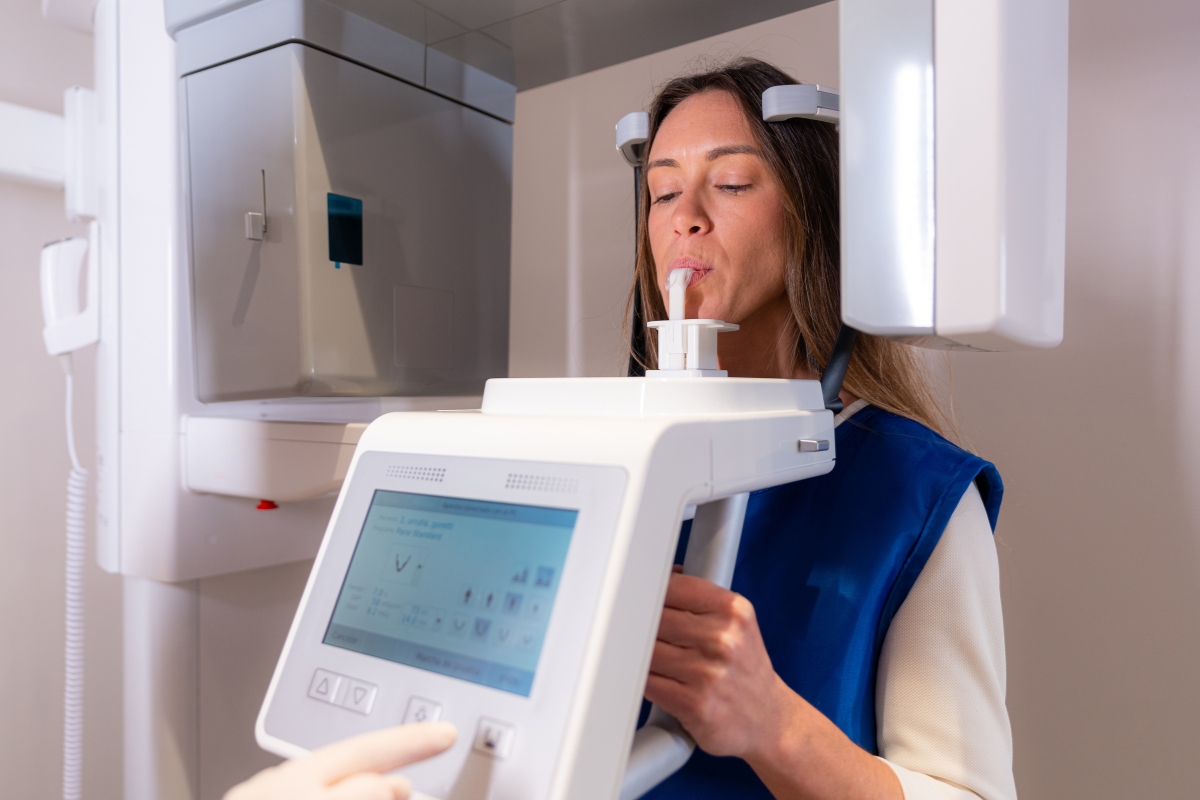10242 Greenhouse Rd #1002 Cypress, TX 77433
What Are Common Memory Disorders?

Memory is a fundamental human function. It allows us to navigate our daily lives, form relationships, and create lasting memories. But what happens when forgetting becomes more than just misplacing your keys? Memory disorders can affect people of all ages, causing significant challenges and impacting quality of life.
This comprehensive guide explores some common memory disorders, their symptoms, and potential causes. By understanding these conditions, you can become a better advocate for your brain health and seek appropriate help if needed.
Dementia: A Spectrum of Decline
Dementia is an umbrella term for a group of progressive conditions that affect memory, thinking, and behavior. Alzheimer’s disease is the most common form of dementia, but others include:
- Vascular dementia: Caused by diminished blood flow to the brain resulting from stroke or other vascular issues.
- Lewy body dementia is identified by protein deposits in the brain that disrupt thinking and movement.
- Frontotemporal dementia influences the frontal & temporal lobes of the brain, causing changes in personality and difficulty with language.
Brain treatment in Cypress offers specialized care and Therapies customized to tackle the distinct challenges of frontotemporal dementia, focusing on improving cognitive functions and managing symptoms effectively.
Symptoms of Dementia:
Early signs of dementia can be subtle, but they often worsen over time. Here are some common symptoms to watch for:
- Memory loss: Forgetting recent events, conversations, or names of familiar people.
- Difficulty with problem-solving and decision-making: Struggling with once-easy tasks, like budgeting or planning meals.
- Changes in language: Difficulty finding words, speaking in short sentences, or using inappropriate language.
- Disorientation: Confusion about time, place, or identity.
- Mood swings and behavioral changes: Increased anxiety, depression, or social withdrawal.
Amnesia: A Temporary Loss
Amnesia is a memory disorder characterized by the loss of memory for a specific period or event. There are different types of amnesia, each with its own cause and symptoms:
- Anterograde amnesia is characterized by the inability of creating new moments after the event that caused the amnesia. In this case, brain treatment in Cypress can involve innovative therapies aimed at managing symptoms and boosting the quality of life for individuals impacted by anterograde amnesia.
- Retrograde amnesia: Inability to recall memories from a specific period before the event that caused the amnesia.
- Transient global amnesia: Sudden, temporary memory loss that typically lasts for a few hours.
Causes of Amnesia:
Amnesia can be caused by a variety of factors, including:
- Head injury: A blow to the head can disrupt brain function and cause amnesia.
- Stroke: A stroke that disrupts blood flow to the brain areas responsible for memory can lead to amnesia.
- Medical conditions: Certain medical conditions like epilepsy or infections can affect memory.
- Psychological trauma: Severe emotional stress can cause dissociative amnesia, where memories are repressed or lost.
Other Memory Disorders:
- Mild cognitive impairment (MCI): This is a condition where memory and thinking skills are slightly impaired but not severe enough to be diagnosed as dementia.
- Attention deficit hyperactivity disorder (ADHD): While not strictly a memory disorder, ADHD can affect working memory and the ability to focus, impacting memory formation.
When Should You Reach Out To Help For This?
If you experience memory lapses, difficulty with daily tasks, or any of the symptoms mentioned above, it’s important to consult a healthcare professional in Cypress. Timely diagnosis and intervention are essential for effectively managing memory disorders and improving quality of life.
Mert Therapy: A Potential New Approach
While still under research, Mert Therapy is a relatively new treatment approach that shows potential to improve cognitive function. It utilizes repetitive transcranial magnetic stimulation (rTMS), a technique that delivers safe, controlled magnetic pulses to specific areas of the brain. Therapy of Mert in Cypress personalizes this approach by combining rTMS with a brainwave analysis (qEEG) to identify areas that might be under-functioning. By gently stimulating these areas, Mert Therapy aims to improve communication and function within the brain, potentially leading to cognitive benefits.
Important Considerations Regarding Mert Therapy
It’s important to note that Mert Therapy is still undergoing research, and more studies are needed to determine its effectiveness for various memory disorders. Additionally, it has yet to be a mainstream treatment. It should only be considered under the supervision of a qualified medical professional if they deem it appropriate for your specific case. The available brain treatment in Cypress can provide alternative options and expert guidance tailored to your individual needs and conditions.
Taking Charge of Your Brain Health
While there’s no cure for most memory disorders, There are methods to enhance brain health and potentially slow cognitive decline. Here are some tips:
- Promote brain health through regular exercise, a balanced diet, and sufficient sleep.
- Challenge your mind by participating in activities that stimulate cognitive function, such as learning a new language, playing brain games, or reading.
- Stay socially connected: Maintaining strong social interactions is crucial for cognitive health. Engage in activities you enjoy and cherish your social connections.
- Manage stress: Chronic stress can impact brain function negatively. Integrate relaxation techniques like yoga in your daily routine to manage stress effectively.
Ultimately, memory disorders can be a source of anxiety and frustration. However, knowledge is power. By understanding these conditions and adopting healthy lifestyle habits, you can take charge of your brain health and live a fulfilling life. If you suspect you or a loved one might have a memory disorder, don’t hesitate to seek professional help. Fast detection & intervention can make a substantial impact.




